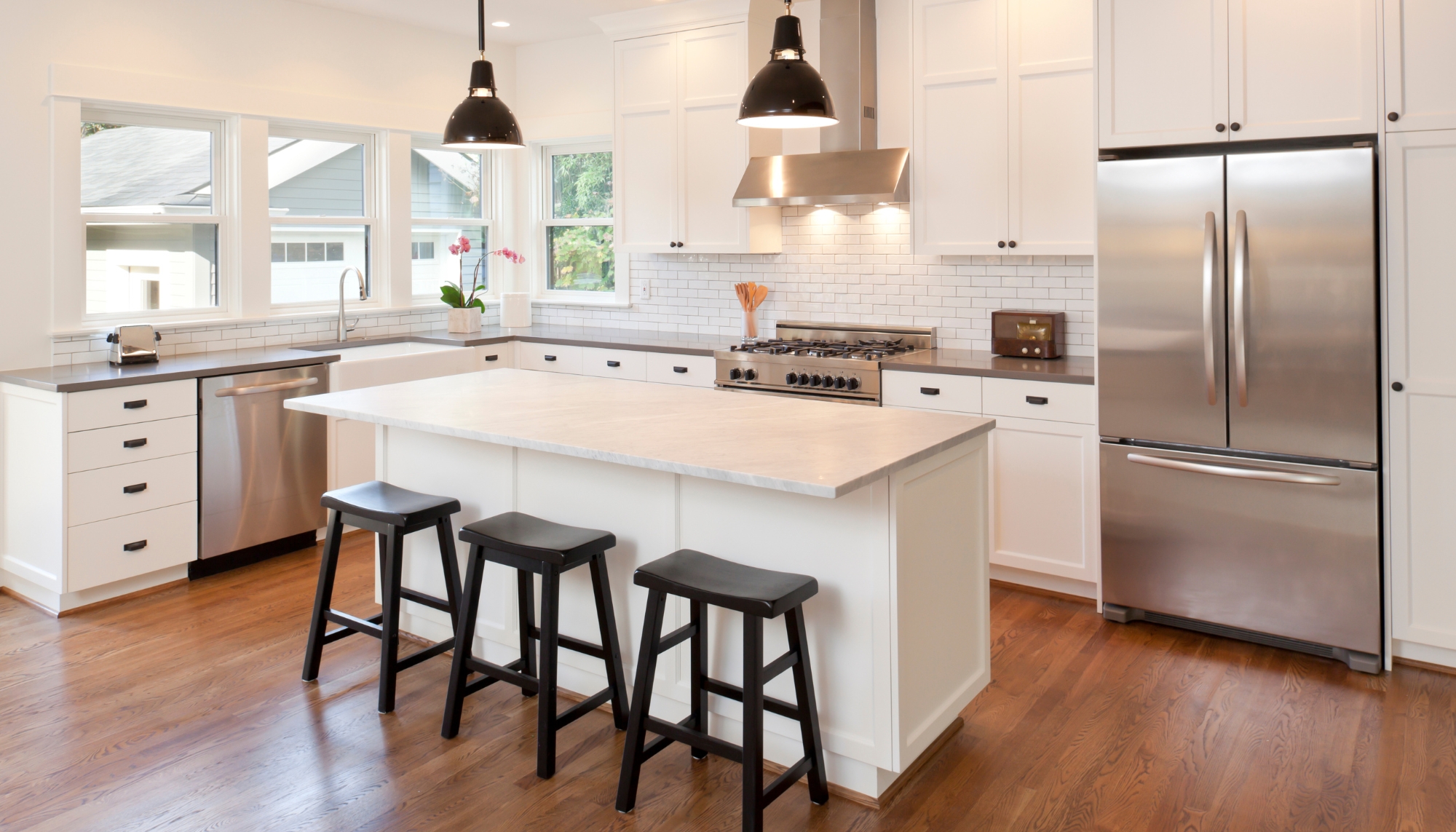It’s never ideal to break your lease before its time is up. However, life doesn’t always work to a perfect schedule and circumstances change. Some leases are worse to break than others, so I thought I’d take you through what it means to break your lease, types of leases you can break with more ease and reasonable grounds for lease breaking.
Can you break your lease?
At D Residential Group, we aspire to take the best care of both our property owners and our tenants, therefore we recommend you try to avoid breaking your lease early. Breaking a lease early involves some costs and stress for your landlord and property manager. In saying that, lease terminations are often unavoidable, and a good property manager will help you make the process as seamless as possible. Ideally, create open communication channels with your property manager as soon as a potential lease-breaking situation arises so we can best assist.
Types of leases
There are two types of leases you will sign up for when renting a property: a periodic or a fixed-term lease. You might be able to guess that one is much easier to break than the other! Terminating a periodic or rolling lease is a simple process and in Western Australia, requires only 21 days’ notice (note: each state across Australia is different). Once you provide notice in writing, via post or email, your lease will end in 21 days. Always request confirmation of your notice from your property manager to reduce any delays.
A fixed-term lease will be a lot more complicated and costly to break. If this is the lease you are bound by, you’ll need to seek permission from your landlord, via your property manager, with your intention to terminate ahead of schedule. Your property manager will then determine what compensation for any losses you will be liable for, which will most likely include loss of rent, advertising costs and a reletting fee. The property owner is entitled to recover any losses derived from the early termination of the fixed-term lease.
Reasonable grounds for breaking your lease
While most people want to break a lease because they’ve found somewhere else to live, there are legal reasons that protect the tenant, too. If you are experiencing undue hardship that means you are unable to continue paying your rent, you can apply to the Court to terminate early.
If the home has become unliveable, where the property is considered a health hazard or dangerous, speak to your property manager about terminating. This might be issues such as mould, sub-standard ventilation, security risks or defective structures. If there are any other breaches to your rental agreement, from not repairing any faults to the landlord entering the property unexpectedly, you have the right to discuss early termination with your property manager.
Under the 2019 revisions of the Residential Tenancies Act, victims of family violence are able to terminate their lease. If you are experiencing family violence, please speak to your property manager who will provide advice immediately.
The most important thing to remember when considering breaking your lease, is to communicate openly and quickly with your property manager and cooperate as much as possible. If you have any more questions on the topic, I’m always open for a conversation so call me on 0402 888 550.
Diana



